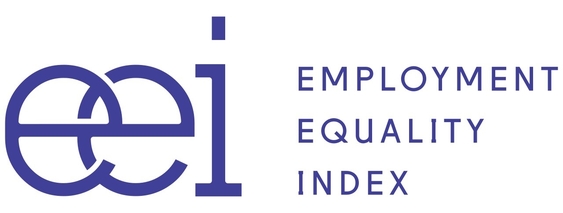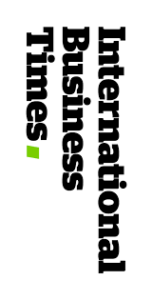When the COVID-19 pandemic hit in early 2020, it quickly disrupted every aspect of work. Offices shut down. Those lucky enough to keep their jobs found themselves working from home, clicking into video meeting after video meeting, some while caring for kids and overseeing remote school. Millions were furloughed or laid off. Industries hit particularly hard continued to suffer as recovery felt increasingly out of reach. But at the same time, the demand for some jobs grew at a swift pace. If you’re career planning or job searching in 2021—whether you want to get ahead in your own field, make a career change, or prepare for graduation and the “real world”—you already know there are a lot of unknowns.
But here’s what we do know right now: There’s plenty of opportunity in these 15 job areas, according to LinkedIn’s analysis. See the list below:
1.Business Development and Sales
Organizations always need employees who can bring in revenue; develop new relationships with clients, customers, and other partners; and find and pursue opportunities to grow the business in different directions. But these folks are crucial as companies try to survive and thrive during difficult times.
2. Workplace Diversity
It remains to be seen whether the racial justice and other diversity, equity, and inclusion commitments companies made in the wake of police violence and protests in the spring and summer of 2020 will yield long-term changes in the workplace. But with 90% growth in open roles related to workplace diversity, there’s an opportunity for folks to try to do this important work.
3. Digital Marketing
Digital marketers were already in demand pre-pandemic, and hiring for these professionals accelerated in 2020, according to LinkedIn’s analysis. So if you have or can develop digital marketing skills—from data analysis to copywriting—you’re in luck.
4. Digital Content
Writers may not be used to the notion that there’s plenty of demand for their work, but at a time when live performances, social gatherings, and a slew of other activities are extremely limited, jobs for writers and other content creators—from bloggers to podcasters—are on the rise.
5. Education
Just as the workplace changed dramatically and unexpectedly in 2020, so too did education. As schools, edtech startups, and other organizations adapt, there’s a rise in the number of available jobs in the education space.
6. Professional and Personal Coaching
If you’re a coach who helps businesses or individuals, your services are much needed during a tumultuous time.
7. Mental Health
One of the many devastating effects of the coronavirus pandemic has been the mental health toll, with more than 40% of Americans suffering from anxiety, depression, increased substance use, suicidal thoughts, or other issues related to the stresses of this time. It’s not too surprising, then, that mental health professionals are in high demand.
8. Engineering
Software engineering roles were already growing at a much faster rate than average, according to the Bureau of Labor Statistics, and LinkedIn’s analysis found especially strong growth in hiring for specialized engineers—such as web developers, full-stack engineers, and front-end developers—in 2020.
9. User Experience
Professionals responsible for the way we interact with websites, apps, and other products fall into this category, which saw 20% growth in hiring.
10. Data Science
Data science is another field that was growing even before the pandemic, given the ubiquity of data at companies across industries and of all sizes and the need to understand and leverage it to drive performance. According to LinkedIn’s analysis, which found a 46% growth in data science roles, that trend doesn’t seem to be slowing down.
11. Artificial Intelligence
Closely related to data science professionals are folks who work on artificial intelligence, such as machine learning researchers and engineers. In a software-focused world where companies are developing and honing complex algorithms—from speech recognition to recommendation algorithms—these roles are in high demand. (Growth: 32%)
12. Loans and Mortgaging
Hiring for professionals who work on loans and mortgaging grew 59%, perhaps not surprising at a time when home sales are booming, interest rates are low, and the government rolled out its Paycheck Protection Program for small businesses.
13. Frontline E-Commerce
This category shouldn’t surprise you if you’ve taken to ordering everything from groceries to clothes to furniture online, or if you’ve read about the many impacts of the pandemic on supply chains across the country and around the world.
14. Nursing
As we navigate a global public health crisis, nurses and nursing assistants working across different settings are in high demand, with 30% growth in hiring, according to LinkedIn’s analysis.
15. Healthcare Support
Similarly, professionals who support doctors, nurses, and other healthcare workers—including pharmacy technicians, dental assistants, and home health aides—are sorely needed as we navigate the continuing effects of the coronavirus pandemic.












